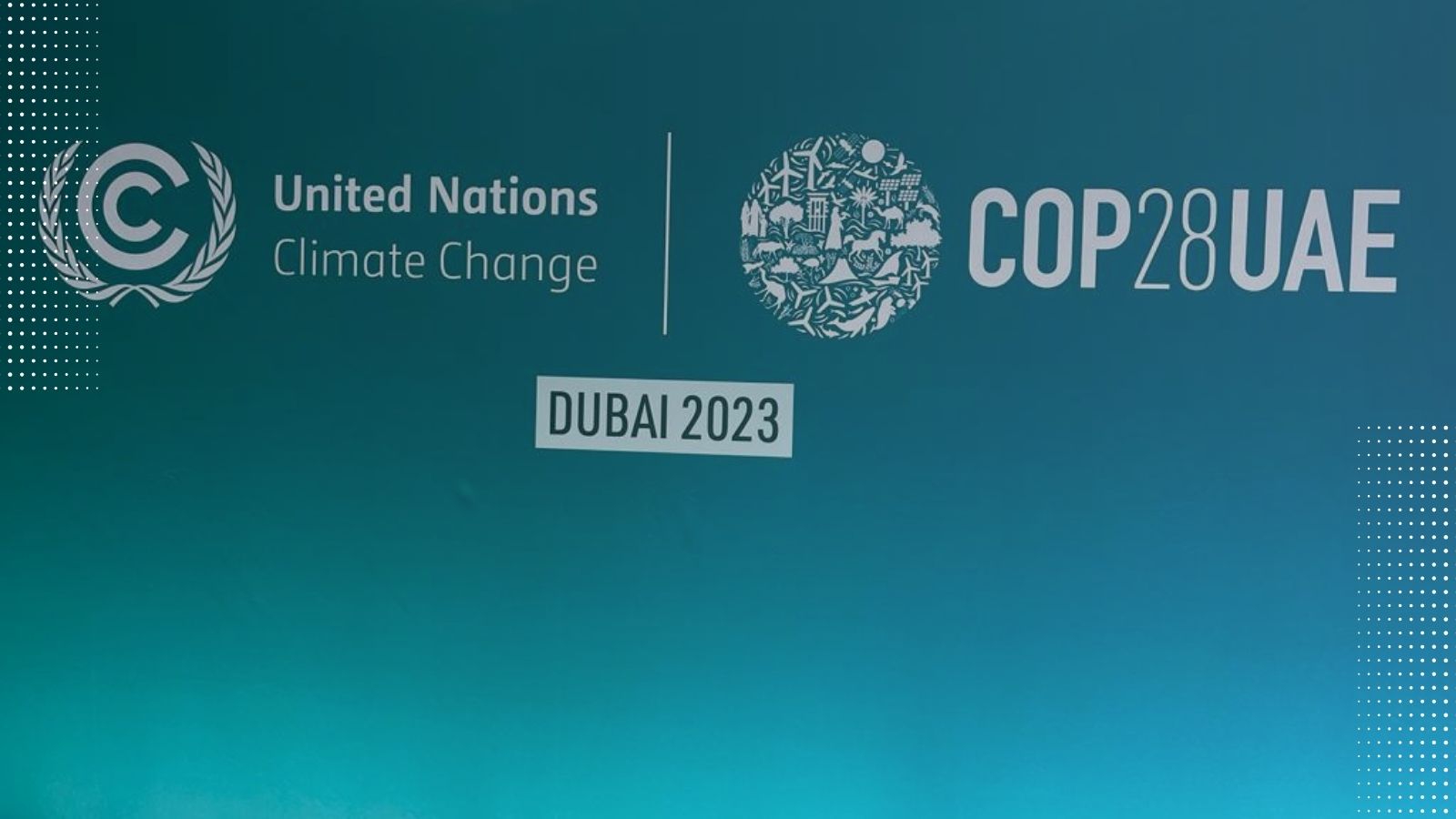For the first time ever at a UN climate conference, yesterday marked a full day devoted to addressing the health impacts of climate change. Health Ministers from around the world including Canada’s attended. But the COP28 Declaration on Climate and Health, endorsed by over 120 governments, contains a glaring omission — there is no mention of a fossil fuel phase out, or the impact of fossil fuels on health.
It’s clear to me, to my brothers and sisters of Wet’suwet’en Nation, and to Indigenous communities beyond, that a historic (and still pervasive) driving force of climate change and decimation of land and human health is the colonization of lands for resource extraction — often, for oil and gas.
In so-called Canada, the 670-km fracked gas Coastal GasLink pipeline is being forced through, with militarized state police engaged in surveillance, intimidation, and violent force, evicting Wet’suwet’en people from our ancestral lands.
Land is more than a place to be bought, sold or profit from. Our ancestors make up every rock, tree, and drop of water from the river — they are the substance on which we rely for life, and to which we return after life. The cycling of materials and nutrients on this planet — the circle of life — is not a figure of speech, but a fact. The health of our land and water is intertwined with our own health.
As Coastal GasLink destroys lands where my people have lived since time immemorial, we mourn for this loss. And we worry about health damages to come. The impact of fracked gas on health is multifold. Fracking involves blasting massive volumes of water, toxic chemicals, and sand, deep into the earth to fracture rock formations and release natural gas. In addition to chemicals used in fracking that can cause cancer, fracking pollutes drinking water and can negatively impact infants’ health.
Then there are the climate damages. Methane is a major greenhouse gas, warming the planet by 86 times as much as carbon dioxide. Just 0.2% of leaked methane gas makes it as potent a driver for climate change as coal. As the world heats up, climate impacts have harmful effects on Indigenous Peoples’ physical and mental health.
Earlier this year, massive flooding in sections of Coastal GasLink construction turned a tributary of Wet’suwet’en sacred headwaters, Wedzin Kwa (known as the Morice River) into a murky brown river of sediment, choking up precious salmon habitat. Coastal GasLink received more than 50 warnings from the British Columbia government, and stop-work orders for violating terms of its environmental assessment certificate.
In spite of ongoing widespread public opposition, Coastal GasLink continues its “resource extraction”, an innocuous term that hides the truth: it is decimating the health of our land and risking the health of our people.
My community is not alone in experiencing the health of our land and people sacrificed for colonialist, corporate greed. For over a decade, Indigenous communities living near the oil sands have urged the federal government to conduct a scientific assessment of the toxic health impacts in their communities of oil sands production.
In 2009, the Alberta Cancer Board confirmed cancer rates were higher in Fort Chipewyan than what would be expected. The board recommended a comprehensive baseline health study by the federal government but one has never been completed, partly due to concerns from Indigenous communities that the oil and gas industry would play a role in the research. It would be counterproductive to allow the suspect of a crime a say in its own investigation, no?
Which brings me back to COP28. The UN climate conference is a critical meeting on climate change, where state leaders from around the world decide how to work together to tackle climate change. It is irrefutable that a climate-safe, livable world has no room for the continued burning of more oil and gas. But this year, with COP hosted by an oil state and a COP president whose main gig is running an oil company in the midst of a $150 billion expansion, the words “fossil fuel phase out” are contentious. Talk about letting the perpetrator into the negotiation room.
Science requires a phaseout of fossil fuels. For this to happen, we must acknowledge that greed for profit has no room in any equitable solution toward the protection of planetary, land, and human health. I urge the international community to hold steadfast to the non-negotiable goal of a fossil fuel phase out. The safety of Mother Earth — our ancestors’ legacies and our future generations – depend on it.





